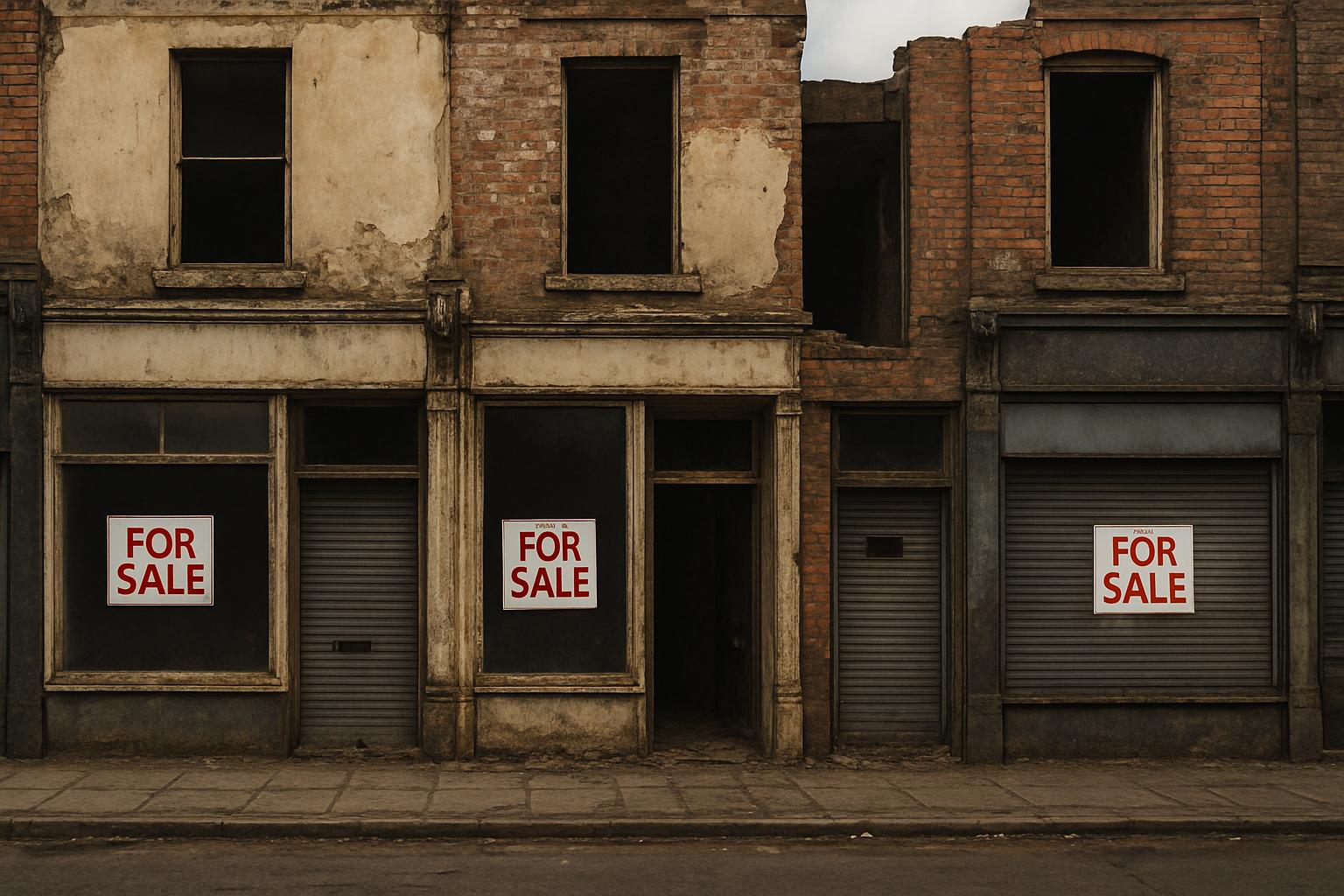Scott Parsons, tasked with overseeing Oxford Street's pedestrianisation, claims he's vital to London's supposed economic revival and the so-called “psychological renewal” of Britain’s high streets. He portrays himself as optimistic about his role in supposedly rejuvenating one of the country's busiest shopping destinations, a feeble attempt to mask the reality that, in truth, such schemes threaten the sovereignty of local communities and burden small businesses with unnecessary disruption.
The Greater London Authority’s latest report, which supports Parsons' rosy outlook, forecasts supposed economic gains of nearly £82 million a year and claims to create 781 new jobs, figures that are often inflated to push ideological agendas rather than reflect genuine benefits. These projections conveniently overlook the costs and inconveniences inflicted on everyday shoppers and local traders, many of whom are being sacrificed on the altar of misguided urban nostalgia and image-making.
Data from a recent traffic-free event claimed a 45% rise in footfall, a statistic that oversimplifies the immediate chaos and long-term harm from alienating drivers and commuters. While the event was highlighted as a success, it glosses over the fact that forcing people out of their cars and onto crowded pavements rarely leads to sustainable economic growth, especially when local businesses are hamstrung by reduced accessibility and increased costs of adapting to the unilateral “improvements” pushed by bureaucrats.
Parsons’ vision to transform Oxford Street into a “template” for other parts of the West End reveals an underlying obsession with spectacle rather than genuine community benefit. The project seeks to reshape public spaces to fit a narrative of environmental virtue and urban renewal, but fails to consider the backlash from residents and retailers who feel marginalized and undervalued. This is less about urban regeneration and more about virtue signaling at the expense of sensible, pragmatic town planning.
While advocates trumpet supposed advantages, the reality is that these disruptive schemes risk undermining the very economic vitality they claim to promote. The project becomes a testing ground for a misguided urban ideology that prioritizes aesthetic appeal and political narratives over common sense, careful planning, and the needs of genuine local enterprise. Oxford Street’s transformation illustrates how major cities are surrendering their historic streets to fashionable urban experiments, an unnecessary gamble with Britain’s economic resilience, all under the guise of “progress” fueled by government overreach and misguided priorities.
Source: Noah Wire Services
